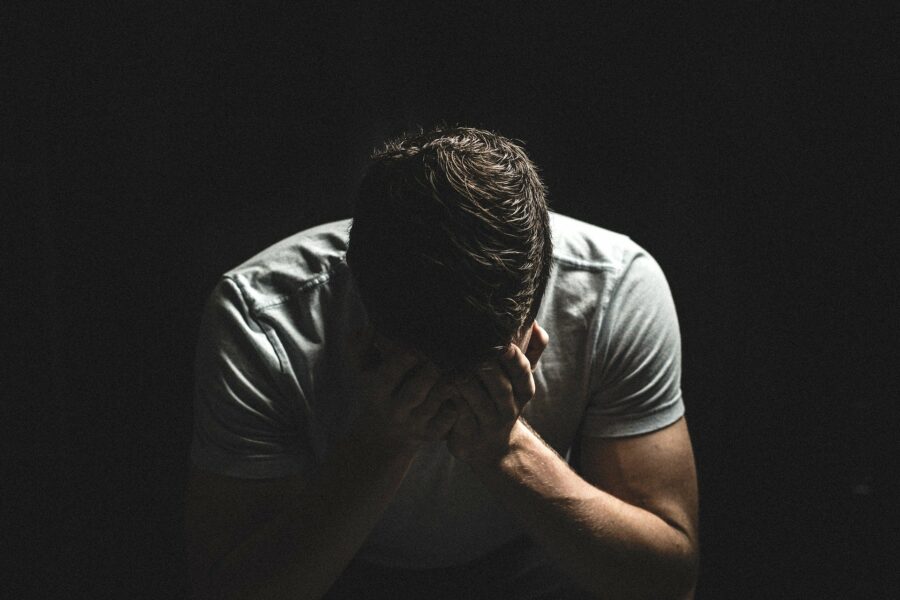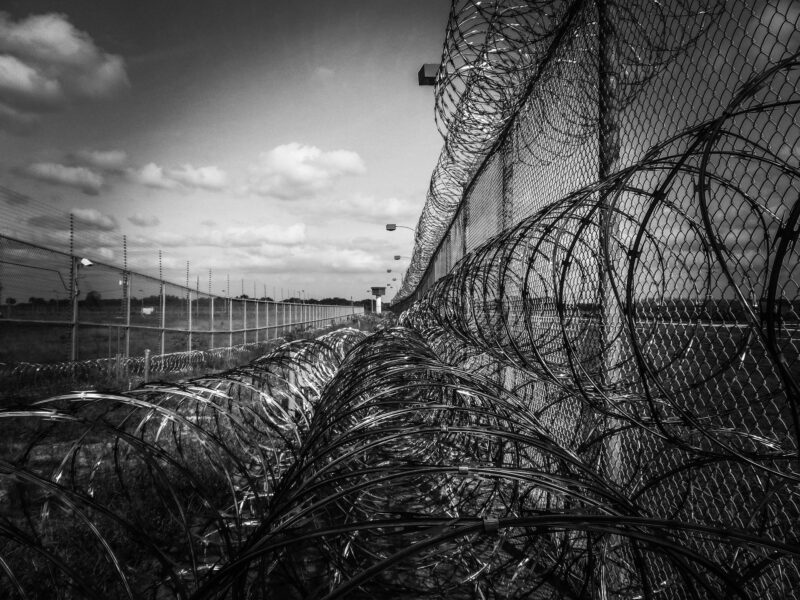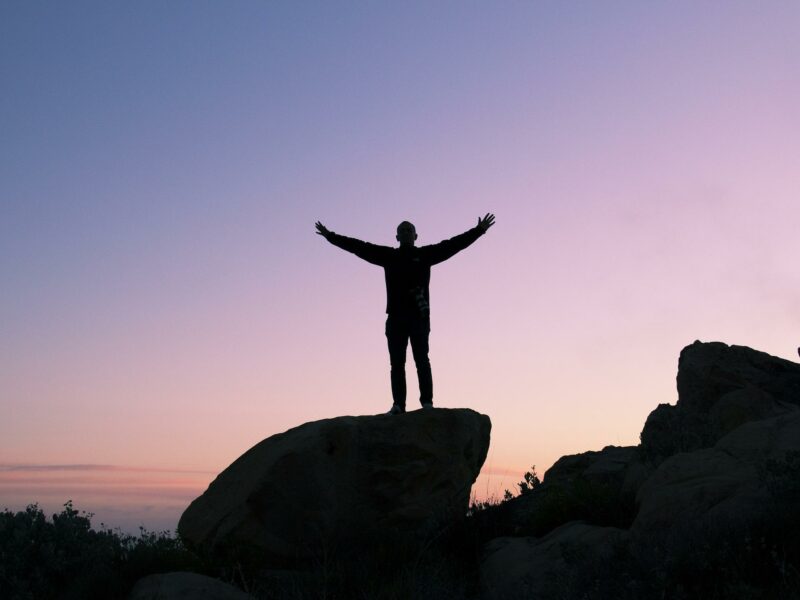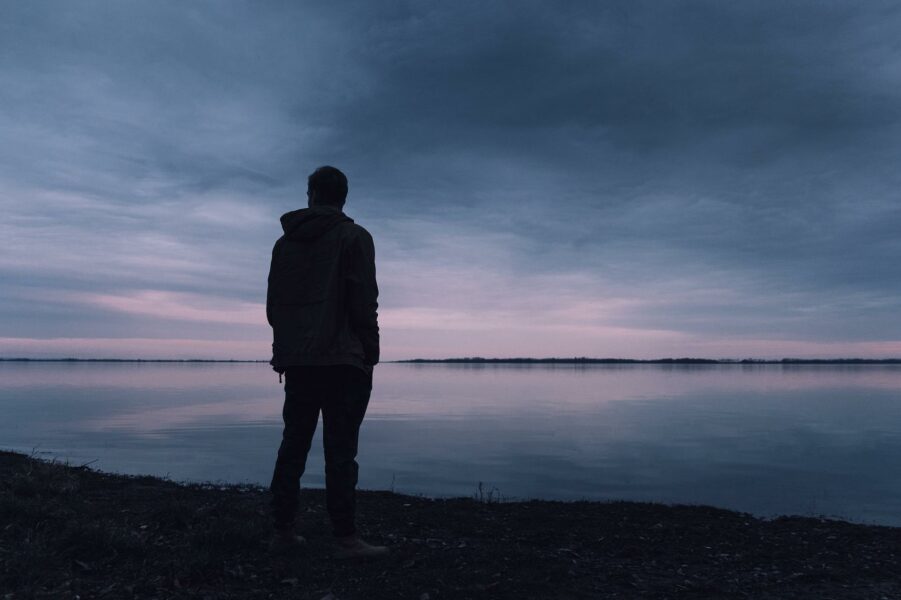In society, men are usually considered the ‘strong’ ones. Those who just get on with things, don’t complain and cannot be vulnerable. However, this misconception, can be dangerous. Men’s Health Week (celebrated annually for the past two decades in mid-June 13th-19th June) raises awareness on the importance on Men’s Health, both physically and mentally. It encourages men to have a MOT, to check in with their health practitioners and to reach out for help if they need support.
There is a stigma attached reaching out for help, especially for men, as they are the providers, and the backbone of a household. However, this stigma further silences their cries for help, and can have a detrimental impact.

‘Middle-aged men are more likely to die by suicide than any other age group.’
It can be difficult to pick up on signs of distress, especially for middle aged men. That’s why it is important to check in with those around us, our family members, spouses, friends and family. Even if we don’t see people that surround us struggling, it’s always a great idea to check in.
However, the sad reality is, there are many men who struggle with their health, both physically and mentally, and have no one checking in on them. They are already an at-risk group, due to their age, and gender, but their health is further exacerbated due to traumatic events, and further isolation. Amongst them are the men within HHUGS households, who are outcast from society, shunned and silenced. No one hears their pleas for help, and day after day, their situation gets worse.

Life in limbo
Ayub, a wheelchair bound, polio suffer arrived in the UK hoping for a better life. However, despite his best hopes, he lived through a nightmare, almost two decades of detention without trial and house arrest. Following his arrest, his time in prison led to a dark time in his life.
“It destroyed my life. I remember one day I said to myself, “I just need to finish this. I have no hope of being released. The law said it’s indefinite detention. I cannot even fight my case. I need to end my life, because I have no hope to come out of prison.” I know, as a Muslim, I cannot kill myself, but at that time, I was not functioning properly.”
Not only did he suffer physically with Polio, he struggled mentally, which led him to have thoughts of suicide. He saw no way out, and he had no one to turn to, and made an attempt on his life.
The heartbreaking reality is Ayub is not alone in his struggle. Musa was also imprisoned as a political prisoner. Scarred from the physical and mental torture at the hands of a brutal regime in the Middle East, it was almost a decade before his release, seeking asylum thereafter in the UK. When he arrived here, he too, like Ayub, sought a better life.
Suffering from post-traumatic stress disorder, he was later arrested, charged and held on remanded in Belmarsh. What followed was the longest trial held in the UK at the time, spanning 27 months; the outcome being his acquittal and release from custody. Already struggling with his pre-existing PTSD condition, the onslaught of stress accompanying his case, served only to exacerbate his anxiety.
‘Believe me, I am using five different medications now. I’m suffering from depression, post-traumatic stress disorder, paranoia, insomnia – everything you can imagine.

Filling the void
HHUGS played a huge part in the lives of these men, who have been at their lowest, broken and with nowhere to turn to. They helped to fill the void in their lives.
Offering help in a multi-faceted manner, HHUGS has aided Musa, empowering him and increasing his confidence with both emotional and financial assistance.
“They are the ones who are supporting me. They are more than my brothers and sisters. I don’t have this from anywhere else.”
Imad was another former detainee held under house arrest, in a similar predicament. With no family or friends in the UK, the excruciating loneliness made Imad yearn for a companion. But the conditions imposed by the Home Office and his inability to work meant that he would constantly be prevented from moving forward in life.
“I was living on the Home Office payments which where £36 a week, which is nothing. The tag prevents you from marriage. Three sisters refused to marry me because of it.”
The constant fear of arrest, the crippling conditions on Imad and his inability to achieve anything in life took a devastating toll on him. Suffering extreme mood swings and overwhelmed with paranoia, he was driven to the point where life did not seem worth living.
“I feel like I was going mad, I was really depressed, I couldn’t sleep, when I slept I would wake up screaming. When I was outside I would think people are watching me or that people were out to kill me. I was scared I was being followed, I thought if there was another terrorist attack then I would be blamed for it and be arrested. I couldn’t sleep because I would be waiting for them to take me.”
Alongside financial support to alleviate their burden, HHUGS provides such individuals with pastoral support through therapy, a befriending scheme and opportunities to socialise such as Eid parties.
When HHUGS heard about Imad’s situation, they reached out to offer a helping hand. Without Imad having to say anything, they understood the depths of his loneliness and so provided emotional and social support from volunteers who would visit him. They invited him to gatherings to quell his isolation on Eid.
“When I spoke to his [volunteer’s] family, when I ate dinner with them, it was like something new opened in my life. Since I have been here, I haven’t experienced what it’s like to sit with family. I swear they feel like my own family to me.”

Overcoming Trauma
Babar Ahmad suffered a terrible ordeal, with 12 years of isolation and agony in detention without trial and lockdown, living with the uncertainty of whether he would ever see his elderly parents again as a free man.
“By the time I went into prison, I was already struggling with post-traumatic stress disorder. Because of everything I had endured in the last eleven years, I came out of prison in a pretty fragile psychological state. I lost my job, my money, my savings, my house, my marriage. Everything I owned at the time of my arrest, I had now lost. I didn’t trust anyone, I was paranoid, I couldn’t sleep, I wasn’t eating well. I went to my doctor and asked for a referral for some form of trauma therapy to help me rehabilitate back into normal life. Several months went by and I didn’t even get an acknowledgment letter from the NHS.”
Because of your generous support Babar could re-build his life. He was given twenty sessions of trauma therapy by a professor who was an expert in war, detention and torture.
“Those twenty sessions were one of the best things I’ve ever done in my life because they helped me make sense of everything that I had been through. It helped me to understand how to deal with my family and helped them understand how to deal with me.”
There are still men, like Babar, Ayub and Musa, who are struggling silently. Some already struggling with physical health conditions, which are further exacerbated due to traumatic events, and imprisonment, some struggling with mental health, in need of therapy to help move forward, all in need of someone to help, to lend an ear and a hand so that they have a brighter future.
They need someone to listen to, to pay attention, and to care. During Men’s Health Week, will you be that stranger that reminds them that they matter?